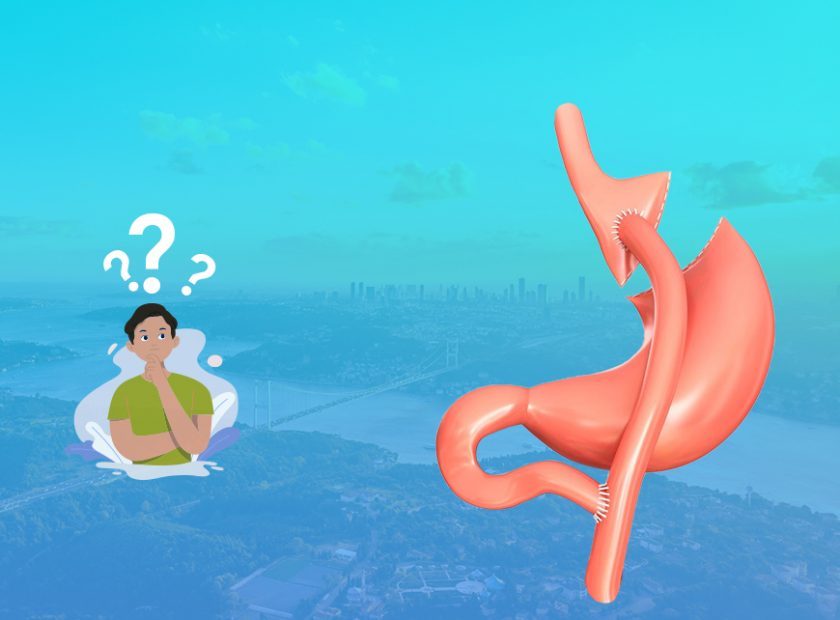Lap-Band vs Gastric Bypass: All You Need to Know. Bariatric surgery is a weight loss procedure that is designed to help people with obesity lose weight and improve their overall health. There are a few types of bariatric surgery, each one has its own advantages and disadvantages. Two of the most common types of bariatric surgery are the Lap-Band and gastric bypass.
In this article, we will compare the Lap-Band and gastric bypass, discussing the pros and cons of each procedure, so you can make an informed decision about which one is right for you.
What is the Lap-Band?
The Lap-Band is a type of bariatric surgery that involves the placement of an adjustable silicone band around the upper part of the stomach. This band creates a small pouch that restricts the amount of food that can be consumed, leading to weight loss.
The Lap-Band is considered a minimally invasive procedure and does not involve the rerouting of the small intestine. This makes the recovery time for the Lap-Band shorter and less painful than other types of bariatric surgery.
What is Gastric Bypass?
Gastric bypass is a type of bariatric surgery that involves creating a small pouch from the stomach and rerouting the small intestine to the pouch. This reduces the amount of food that can be consumed and the amount of calories absorbed by the body.
Gastric bypass is considered a more invasive procedure than the Lap-Band and typically requires a longer recovery time. However, it is also considered to be a more effective weight loss procedure and is often recommended for people with a higher body mass index (BMI).
Pros and Cons of Lap-Band
The Lap-Band has several advantages, including:
Pros
- Minimally invasive: The Lap-Band is a minimally invasive procedure, meaning that it is less painful and requires a shorter recovery time than other types of bariatric surgery.
- Adjustable: The Lap-Band can be adjusted to suit the individual needs of the patient, making it a flexible option for weight loss.
- Reversible: If the Lap-Band is not providing the desired weight loss results, it can be easily removed or adjusted.
Cons
- Slower weight loss: The Lap-Band typically leads to slower weight loss than other types of bariatric surgery, such as gastric bypass.
- Potential for band slippage or erosion: The Lap-Band can slip out of place or erode into the stomach, requiring further surgery to correct.
- Potential for complications: The Lap-Band can lead to complications such as nausea, vomiting, and difficulty swallowing, which can be unpleasant and inconvenient.
Pros and Cons of Gastric Bypass
Gastric bypass has several advantages, including:
Pros
- Effective weight loss: Gastric bypass is considered to be a more effective weight loss procedure than the Lap-Band, leading to greater weight loss in a shorter amount of time.
- Improved health: Gastric bypass can improve health conditions such as diabetes, high blood pressure, and sleep apnea, which are often associated with obesity.
- Permanent: Gastric bypass is a permanent procedure, meaning that the results are long-lasting and cannot be reversed.
Cons
- More invasive: Gastric bypass is a more invasive procedure than the Lap-Band, requiring a longer recovery time and a higher risk of complications.
- Nutritional deficiencies: Gastric bypass can lead to nutritional deficiencies, such as anemia, osteoporosis, and Vitamin B12 deficiency.




